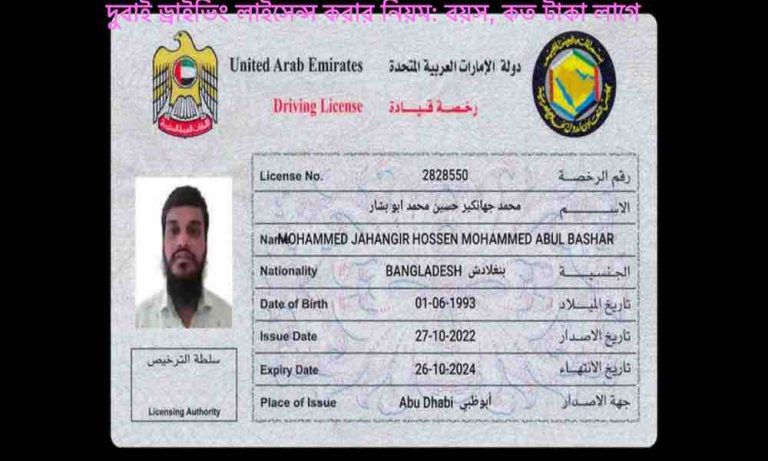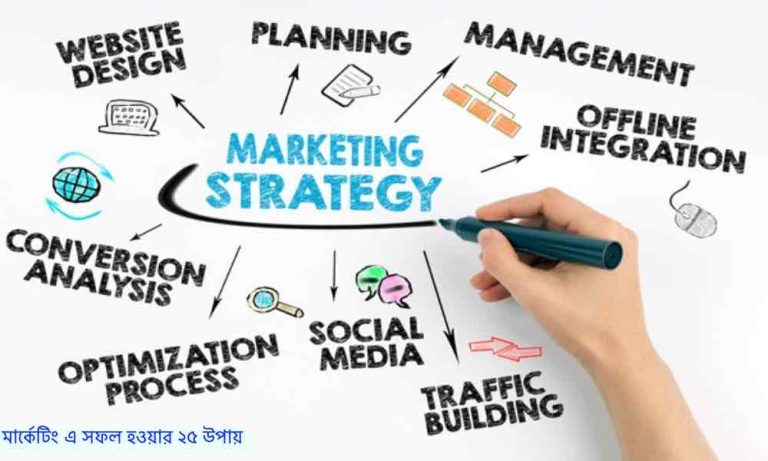What does Leadership mean? 8 Qualities of an Ideal Leader
Leadership is an essential element for any organization to achieve its goals and objectives. It is a social influence process where a person motivates and guides others to work together towards a common task. A leader’s role is crucial in instilling motivation among employees and creating an environment conducive to performance.
According to geneticist Alan Keith, leadership is an initiative that requires supervision, encouragement, and motivation. A leader needs to have the ability to inspire and influence their team members to achieve a specific goal. The success of any organization depends largely on the quality of its leadership. Hence, the importance of leadership cannot be overstated.
The concept of leadership involves the ability to influence others to achieve a particular goal. It is the ability of an individual or group to bring their actions or behavior towards a specific objective. A leader is someone who can lead or influence a group towards their opinion. Effective leadership requires a combination of skills, such as communication, vision, adaptability, and decision-making.
Leadership comes in different forms and styles, and it is essential to understand each type to determine which one fits the organization’s culture and goals. Some of the common types of leadership are autocratic, democratic, transformational, and transactional. Autocratic leaders tend to make decisions without consulting others, while democratic leaders involve the team in the decision-making process. Transformational leaders inspire and motivate their team members to achieve their full potential, while transactional leaders focus on achieving specific goals and rewarding team members for meeting their targets.
Leadership is a critical component of organizational success. A leader’s ability to motivate and guide their team members towards a common goal is essential. Understanding the different types and styles of leadership can help organizations identify the right type of leader for their culture and goals. Effective leadership is a combination of skills and traits that can be learned and developed with time and practice.
Difference between leader and leadership
Leader and leadership are two related but distinct concepts. A leader is an individual who has the ability to influence others to achieve a particular goal. Leadership, on the other hand, is the process by which a person uses their skills and abilities to influence others towards a common goal.
In other words, a leader is a person who possesses the traits and qualities required to inspire and influence others to follow their lead. They have a clear vision and the ability to communicate it effectively, motivate and inspire others, make tough decisions, and create a positive and productive work environment.
Leadership, on the other hand, involves the actions and behaviors of a leader. It is the process by which a leader uses their skills and abilities to guide and motivate their team members towards a common goal. Leadership involves setting clear goals and objectives, developing effective strategies to achieve them, inspiring and motivating team members, and creating a culture of accountability and continuous improvement.
In summary, a leader is an individual who possesses the traits and qualities required to influence others, while leadership is the process by which a leader uses their skills and abilities to guide and motivate their team members towards a common goal. A leader is a person, while leadership is an action.
Importance of leadership Qualities to be a leader aspect of an senior scholar
Leadership qualities are essential for senior scholars who aspire to be effective leaders in their field. As a senior scholar, you are expected to provide guidance, direction, and mentorship to students, colleagues, and junior scholars. The following are some of the key leadership qualities that are important for senior scholars to possess:
- Visionary: A senior scholar should have a clear and compelling vision of the future of their field. This vision should be based on a deep understanding of the current state of the field and the emerging trends and challenges that are likely to shape its future.
- Passionate: To be an effective leader, a senior scholar should be passionate about their work and their field. This passion should be evident in their enthusiasm for their research, their teaching, and their service to the profession.
- Integrity: A senior scholar should demonstrate a high level of ethical and professional integrity. This includes being honest, transparent, and accountable in all their actions and decisions.
- Collaborative: Senior scholars should be able to work collaboratively with colleagues, students, and junior scholars. This involves being a good listener, fostering a culture of open communication, and valuing diverse perspectives and opinions.
- Innovative: Effective leaders in academia should be innovative and creative in their approach to research, teaching, and service. This involves being open to new ideas, embracing change, and taking calculated risks to advance the field.
- Resilient: Senior scholars should be resilient in the face of challenges and setbacks. This involves having the mental and emotional fortitude to persevere in the face of adversity, and to maintain a positive outlook in difficult situations.
In summary, leadership qualities are essential for senior scholars who aspire to be effective leaders in their field. These qualities include vision, passion, integrity, collaboration, innovation, and resilience. By cultivating these qualities, senior scholars can inspire and guide the next generation of scholars and make significant contributions to their field.
Top 8 Qualities of an ideal leader
8 Essential Characteristics of an Ideal Leader:
- Foresight and self-awareness: An effective leader should possess foresight, the ability to anticipate future trends and challenges. They should also have a deep understanding of their own strengths and weaknesses, as well as how their actions impact others.
- Communication skills: Effective communication is essential for building relationships, inspiring trust, and achieving common goals. Leaders should be skilled in listening, speaking, and writing, and able to tailor their communication style to different audiences.
- Intelligence and willingness to learn: Leaders should have a thirst for knowledge and be willing to learn from others. They should also have the intellectual capacity to understand complex problems and develop innovative solutions.
- Ability and courage to take risks: Leaders should be willing to take calculated risks to achieve their goals. They should have the ability to make tough decisions and take responsibility for the outcomes.
- Positive attitude: A positive attitude is contagious and can inspire others to work harder and achieve more. Leaders should have a can-do attitude, be optimistic, and maintain a sense of humor even in difficult situations.
- Be punctual and courteous: Leaders should lead by example and model professionalism and respect for others. They should be punctual, follow through on their commitments, and treat others with courtesy and respect.
- Encouraging collective efforts and expanding impact: Leaders should foster a culture of collaboration and teamwork, encouraging individuals to work together towards common goals. They should also seek to expand their impact beyond their own personal goals and interests.
- Gratitude and compassion: Leaders should have a sense of gratitude and compassion for others. They should express gratitude for the contributions of others, and show compassion for those who are struggling or facing difficult challenges.






